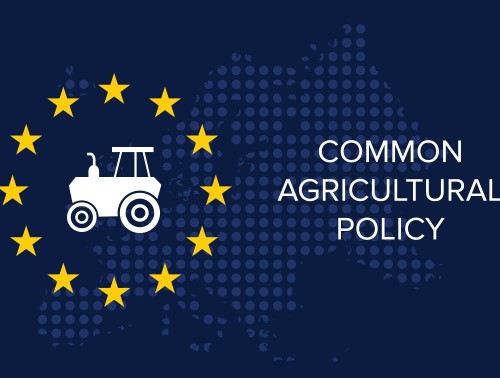Since 2014 the Food and Agriculture Organization of the United Nations (FAO) has encouraged sustainable agricultural strategies and the European Commission (EC) has fostered the development of precision agriculture (PA) technologies through Common Agricultural Policy (CAP) Reform 2014-2020 and the funding of projects based on the promotion of its principles and spread, of which Erasmus+ projects are examples.
Having a brief overview of this last type of projects, they aim mainly to train students, teachers and farmers about PA technologies and business. Particularly, training activities can be vocational (i.e. “AGRO e-learning”- precision farming with elements of geoinformatics project, 2016; The use of precision agriculture in agricultural production and processing industry as the condition for the development of rural areas project, 2017), adult education (Development of a training program enhancing the use of ict tools in the implementation of precision agriculture project, 2018) and also high level education (Smart Farming, 2017; New and Innovative Courses for Precision Agriculture project, 2018; New Curricula in Precision Agriculture using GIS technologies and sensing data project, 2018). They look at long term results, fostering the use of this new technologies-based approach to agriculture as a vehicle for learning.
These training-based projects are also accompanied by more applied ones. Some examples are those promoting innovative instruments, like Drones used as sensors (Drone European Platform project, 2017), as well as knowledge and experience exchange (Implementation of digital systems in agriculture project, 2014). Furthermore, another common type of application is the fulfilment of practical experiences (Precision Agriculture: the future production system of agricultural products project, 2014).
The above list of EU projects is certainly not complete, but it makes the idea of their usefulness, mostly because of the insufficient knowledge’s spread and therefore of the low implementation level of PA technology in Europe.
Furthermore, in these times of environmental changes, agriculture can not overlook this type of education and acting, which achieve advantageous environmental impacts and improve final products’ quality.

